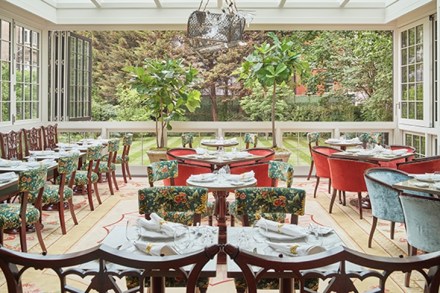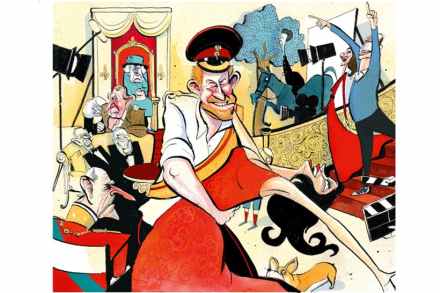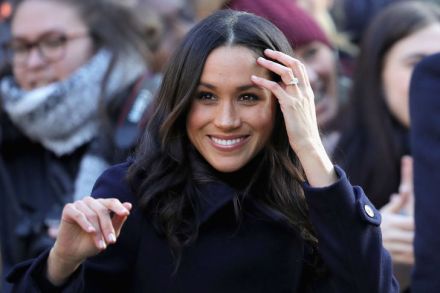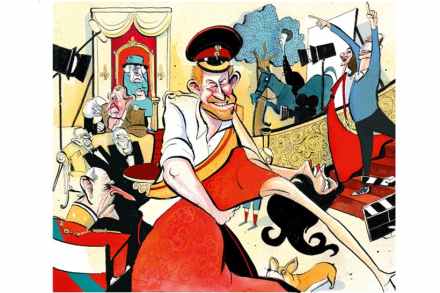The royals should embody virtue – not signal it
ONE should not be censorious if the Duke and Duchess of Sussex fly in private jets to their holidays, though one cannot help laughing when they combine this with exhortations to save the planet. There is, sadly, no royal yacht nowadays (a new one would be a good make-work scheme post-Brexit), and we are not a civilised enough country to leave them and their baby alone if they were to travel on public transport. But they are making two mistakes. The first is to go somewhere hot, sunny and celebrity-filled for their break. One of the secrets of the Queen’s popularity is that she has almost never been seen sunbathing with














